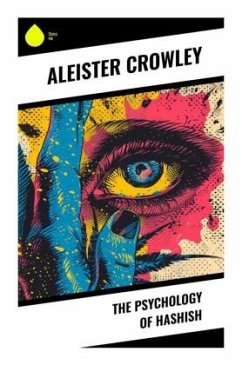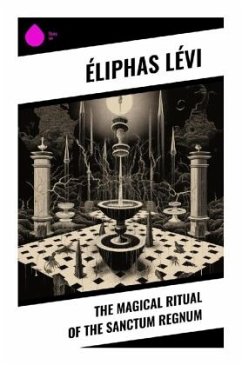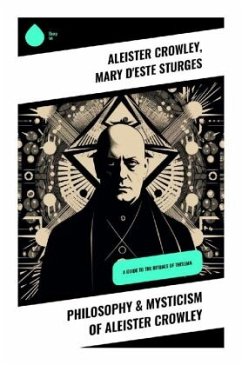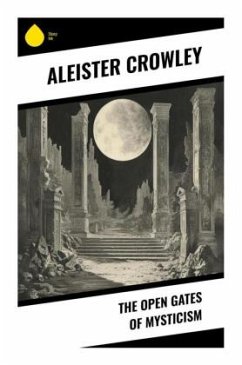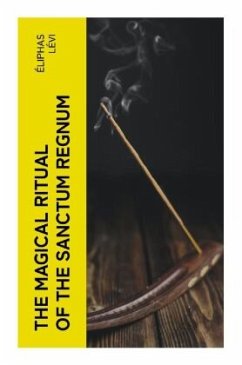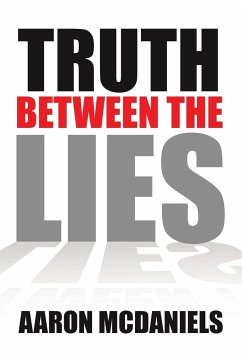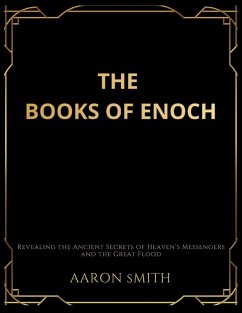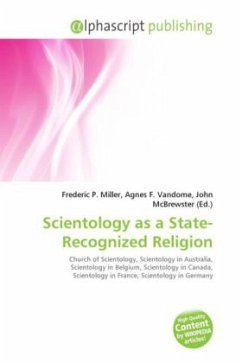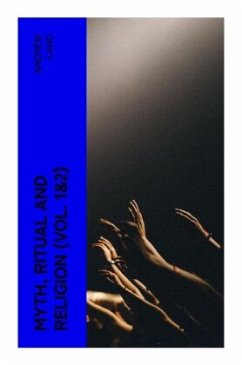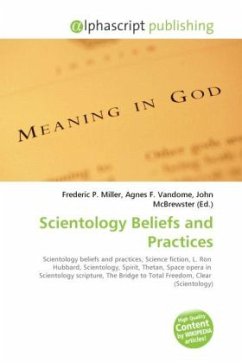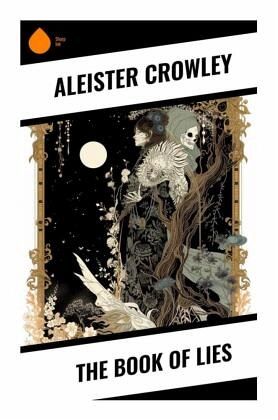
The Book Of Lies
Versandkostenfrei!
Versandfertig in 6-10 Tagen
10,30 €
inkl. MwSt.

PAYBACK Punkte
0 °P sammeln!
Aleister Crowley's "The Book of Lies" is a unique and multifaceted work that blends poetry, philosophy, and occult instruction. Composed in an experimental literary style, the text is characterized by its cryptic aphorisms and riddles, inviting the reader to delve into Crowley's complex worldview. Each chapter, or "liber," serves as a stand-alone exploration of esoteric themes, touching on kabbalistic and mystical concepts that reflect Crowley's understanding of life, truth, and the inherent dualities of existence. This book is not just an intellectual endeavor; it is also an invitation to spi...
Aleister Crowley's "The Book of Lies" is a unique and multifaceted work that blends poetry, philosophy, and occult instruction. Composed in an experimental literary style, the text is characterized by its cryptic aphorisms and riddles, inviting the reader to delve into Crowley's complex worldview. Each chapter, or "liber," serves as a stand-alone exploration of esoteric themes, touching on kabbalistic and mystical concepts that reflect Crowley's understanding of life, truth, and the inherent dualities of existence. This book is not just an intellectual endeavor; it is also an invitation to spiritual insight, challenging conventional perceptions and urging deep introspection within the framework of Thelema, Crowley's own spiritual philosophy. Aleister Crowley (1875-1947), widely regarded as one of the most controversial figures in occultism, drew upon his myriad of life experiences, including his explorations into Eastern and Western mysticism, to write this seminal work. His background as a poet and mountaineer, combined with his extensive study of ancient texts and magical practices, informed the nonlinear and symbolic nature of "The Book of Lies." Crowley's life as a public figure and self-proclaimed prophet of a new age underscores his aim to provoke thought and challenge the reader's perceptions of truth and enlightenment. For readers intrigued by the interplay of poetry and mystical philosophy, "The Book of Lies" is an essential read. It not only captivates with its literary finesse but also serves as a profound guide for those on a spiritual quest. Crowley's work encourages engagement and interpretation, making it a timeless resource for both newcomers and seasoned practitioners of esotericism.



